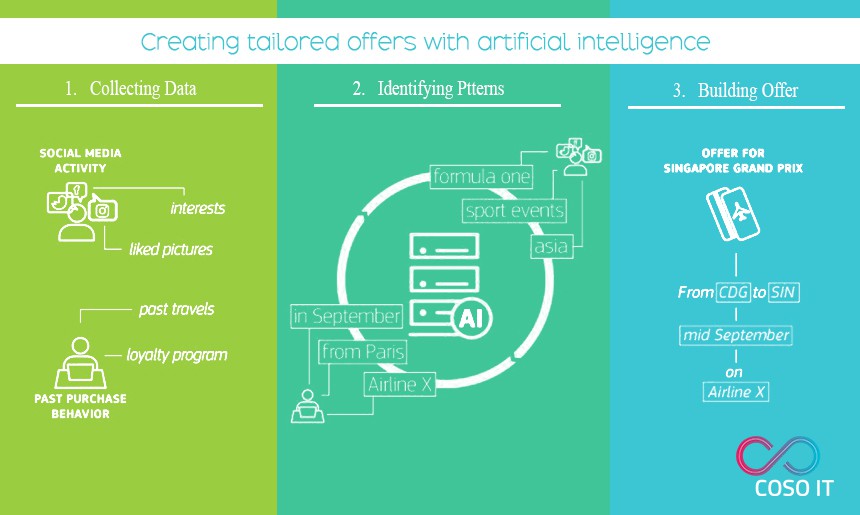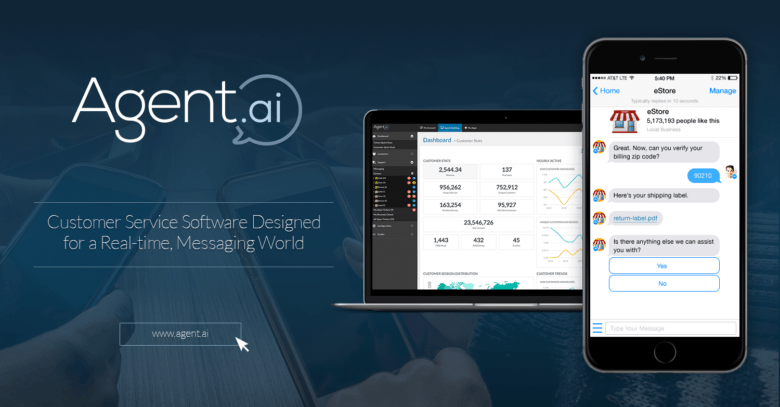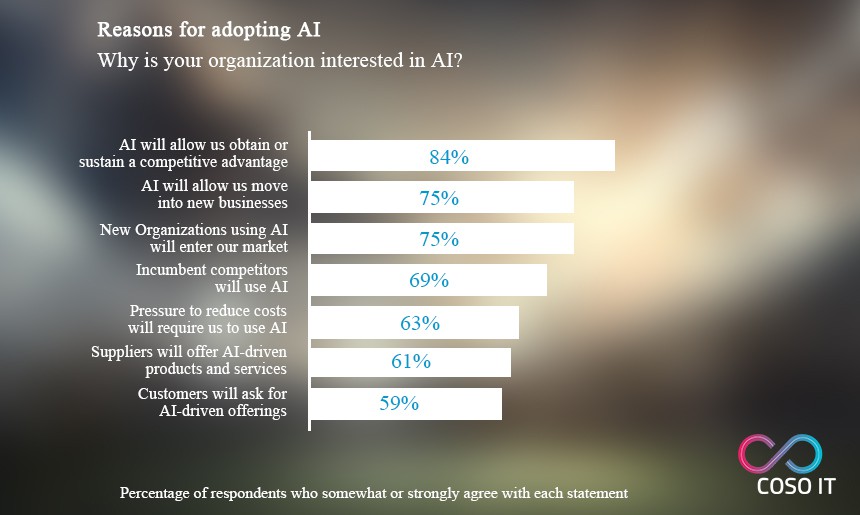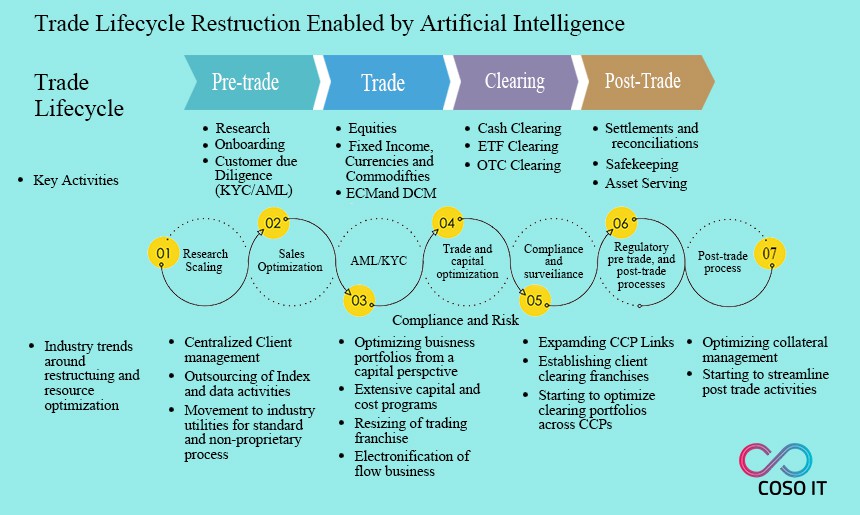Differences between Industrial and Customer AI

When it comes to imagining how the industrial AI would work, it comes down to imagining robots. Innovative companies are involving in developing friendly robots that can work alongside the humans. Now the modern robots are made capable of making real-time decisions apart from doing the common daily tasks in the industry.
But the majority of the AI value lies in the manufacturing of the data that is transformed from the sensors and the hardware to predictions which are best for faster decision making. If one can connect the machines to make an intelligent automated system in the cloud, it will one of the most important evolution in the field of industry.

1. Industrial Data Is Often Inaccurate
Machine learning is made to work properly after it is fed with a lot of data sets. Consumer data is hard to misunderstand, let's say you want to order a burger or click on an advertisement. When you are looking at an industrial data, it is often useless. Let's us say, you want to calculate how far a combination is required for you to drill and you make use of a moisture sensor that takes the measurements. The readings can be changed by the differences in temperatures, man-handling, any kind of malfunctions in the hardware, etc.
2. AI Runs on The Edge, Not on The Cloud
Consumer data is actually processed on the clouds where there is infinite space available. Amazon has the capability to see your browsing history to make your suggestions by looking at your purchase history. It is, therefore, said that when it comes to consumer predictions, there are very low values to false positives and negatives. This means you won't even blame Amazon if you end up with a book that dissatisfied you.
But when it comes to an industrial issue, suppose a problem needs fixing. The software can run on very minute details like temperature, the pressure of the machine, etc., and if any mistake occurs it could lead to a serious disaster. Therefore, it is observed that the stakes are pretty high when it comes to industrial applications as here millions of dollars and human lives are on stake. This concludes the fact that we cannot run the industrial features on the cloud and it should be implemented on a specific location.

Industrial AI is actually built as an end-to-end system, where the data generated by the sensors is on the edge, provided to the algorithms and then it is modeled on the cloud, after which it is moved back again to the edge for implementation. There are superior gates and a number of nodes in between the edge and the cloud which stores the entire system so that it can load at the right time at the right places.
3. A Single Prediction Can Cost Over $1,000
Industrial AI needs to be accurate despite the fact that there are large volumes of faulty data and limited processing power at the edge. Let's say if a plane needs some technical assistance in an analytical system, special technicians can help in engineering and dispatching the faulty part. There cannot be a case where you will call when there is no issue or when there is, that they do not say. The information has to be highly accurate to make sure that they have high fidelity systems. The only way one can achieve high fidelity is to run thousands of algorithms all at once. By running tons of algorithms parallelly, the results will help in the growth of the prediction which will eventually create a survival of the fittest situation where the predictions that are fittest will be used and one with fewer fit predictors will be discarded.

4. Complex Models Must Be Interpretable
Consumers rarely question when an online site makes recommendations, it is only when the stakes are high that they ask questions. Technicians who have been in a field for more than half of their life would not trust a machine to explain the predictions. In order to achieve a high level of interpretability, one has to invest in the newest technologies.
Today we can see that Consumer AI is playing a very important role in the customer service industry. Industrial AI is changing the industry by backing up quantifiable results that can add value to the business. Industrial AI requires more expertise than consumer AI in the process of evolution and development.

Leave your comment
Your Comment:
Note: HTML is not translated!